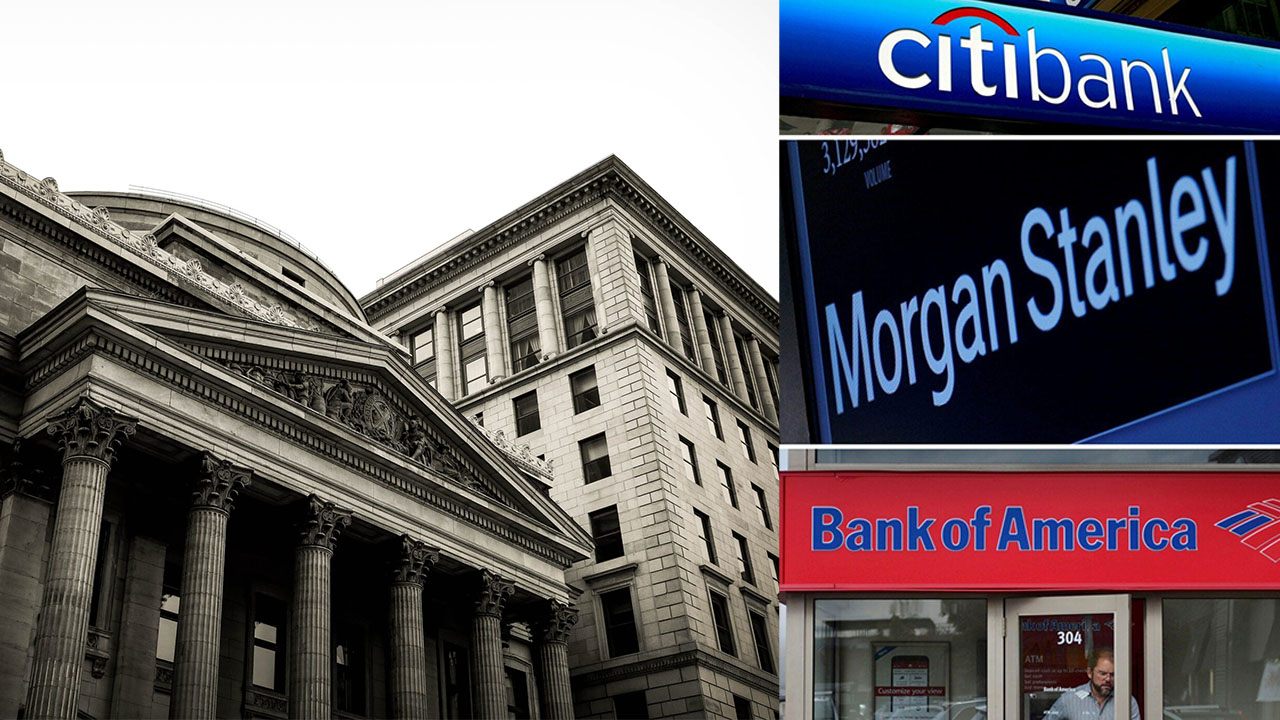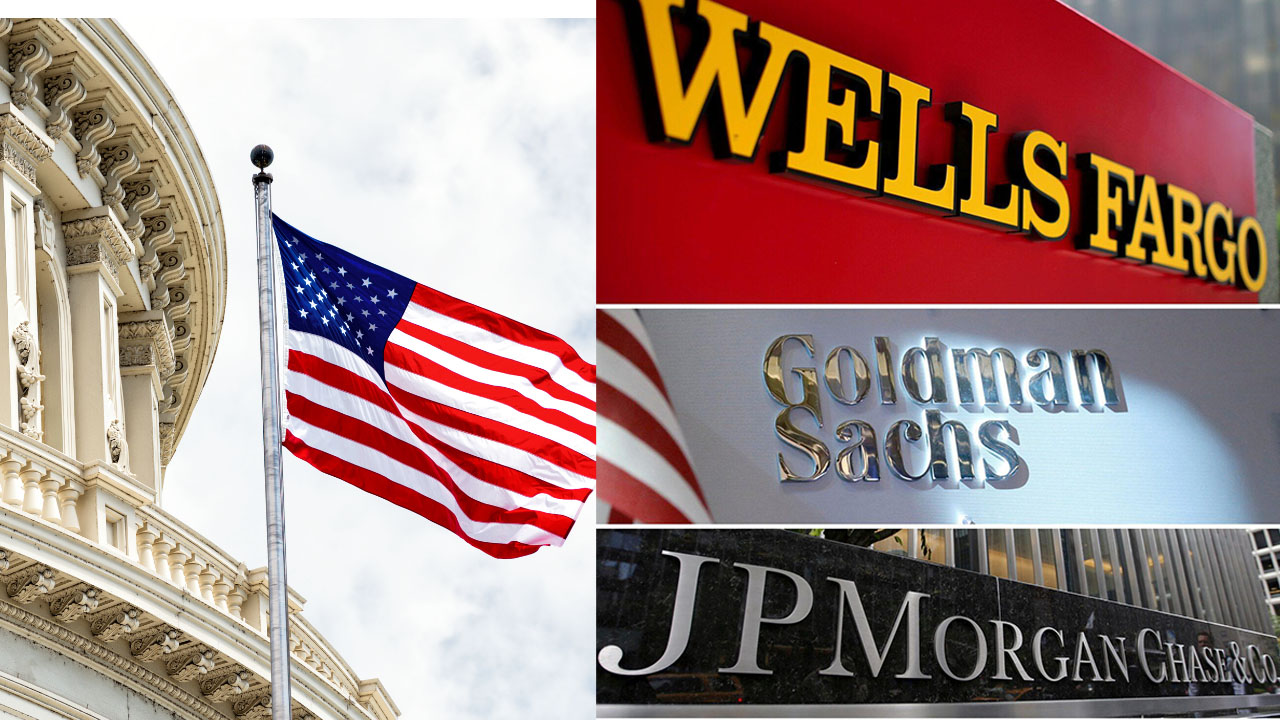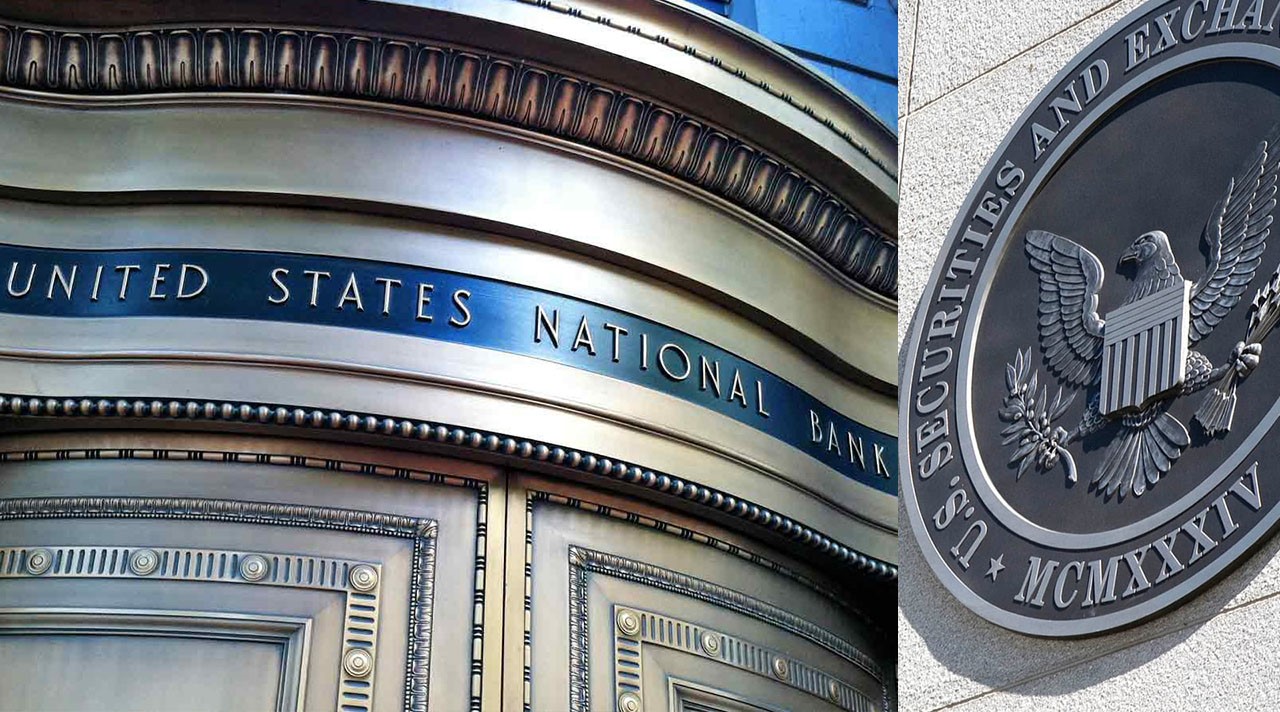The Federal Reserve, along with two other U.S. regulators, is progressing towards a new plan that would significantly mitigate the nearly 20% mandated increase in capital for the country’s largest banks.
This development follows lobbying efforts by industry CEOs, such as Jamie Dimon of JPMorgan Chase.
The required capital increases for banks like JPMorgan and Goldman Sachs, intended to ensure they have sufficient buffers to absorb potential losses, will now be, on average, about half as much as originally proposed.

Top officials from all three agencies involved in the forthcoming capital rules — the Federal Reserve, the Federal Deposit Insurance Corporation, and the Office of the Comptroller of the Currency — are still discussing substantive and technical revisions, and there is no guarantee that an agreement will be reached, the WSJ reported.
The Fed, FDIC, and OCC declined to comment on the report.
In July last year, the three bank regulators, led by the Fed, revealed a proposal to overhaul how banks with more than $100 billion in assets calculate the cash they must set aside to absorb potential losses.

The Basel proposal aims to make banks more resilient to potential losses, thereby reducing the risk of failures or bailouts. Banks argue that they are already highly capitalized and that the changes are unnecessary.
Large U.S. banks have lobbied against the Basel proposal, asserting that it would force them to overhaul or shut down a range of products and businesses.
Goldman Sachs recruited dozens of small business owners to travel to Washington and urge lawmakers to reconsider the proposal.







Leave a Reply